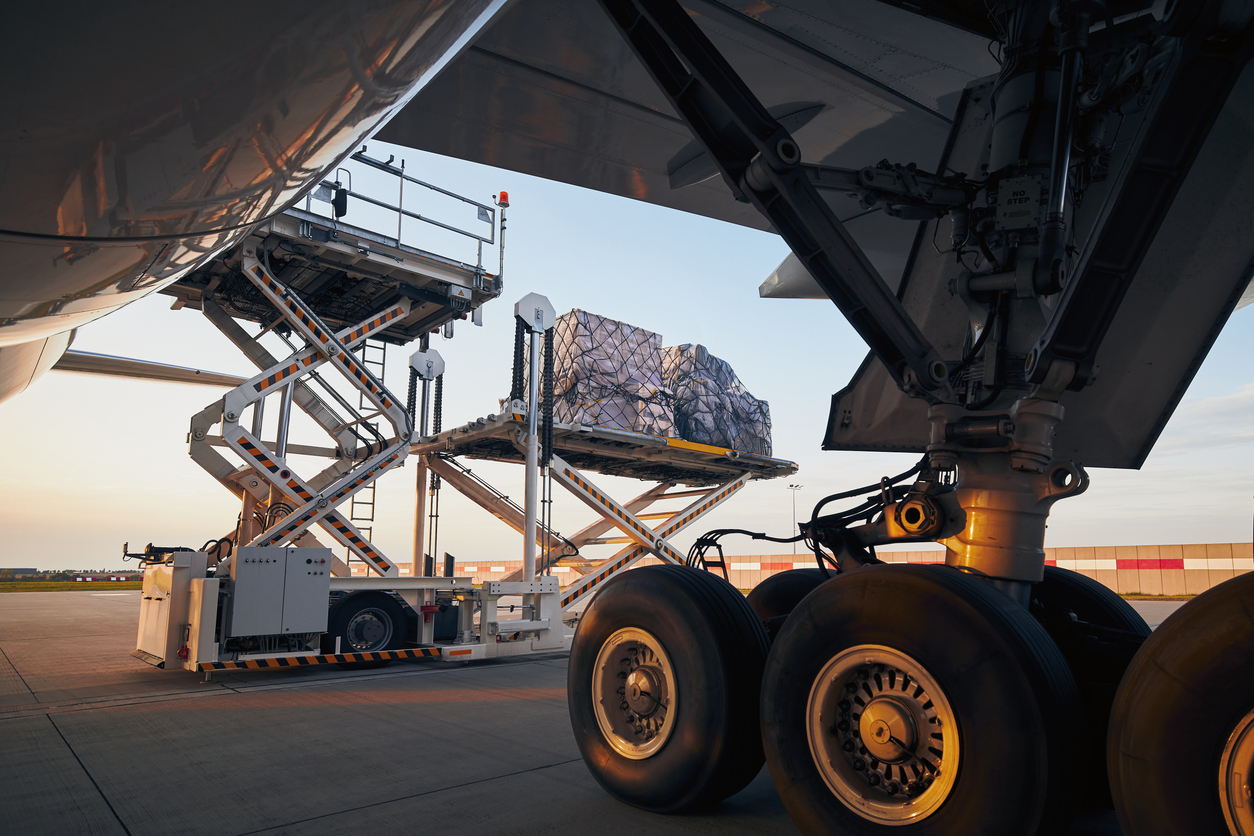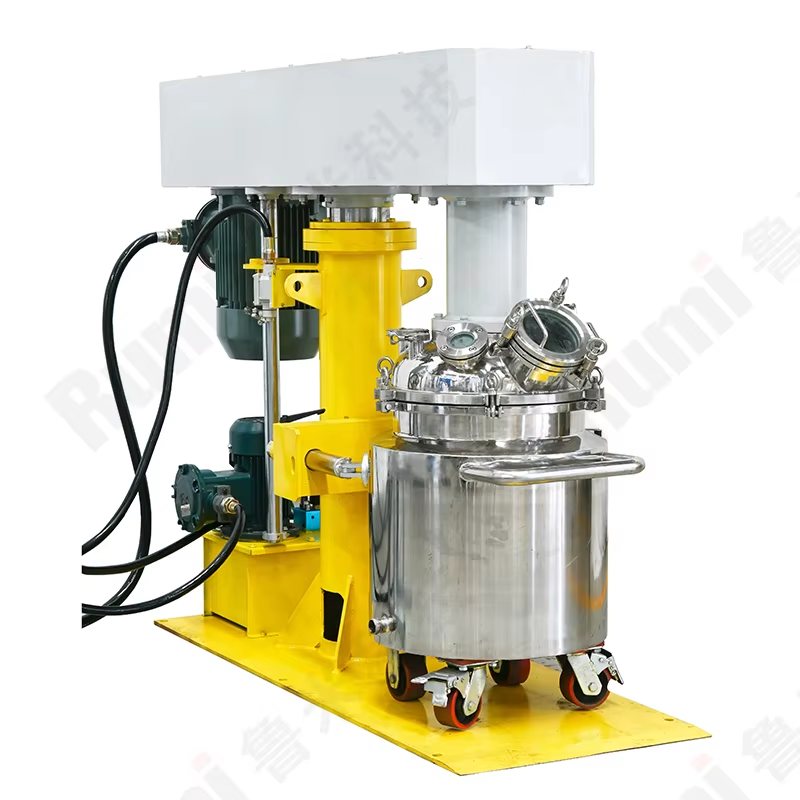Air Freight Index in Nigeria: Understanding Its Impact on Trade and Logistics
Air freight plays a pivotal role in Nigeria’s logistics landscape, offering fast and reliable transportation for high-value, time-sensitive goods. The air freight index, a measure of air cargo rates and capacity, directly influences the cost and efficiency of this vital supply chain component.
In this article, we explore the concept of the air freight index, its relevance to Nigeria’s economy, key trends, and strategies for businesses to navigate its fluctuations effectively.
What Is the Air Freight Index?
The air freight index tracks and benchmarks the cost of transporting goods via air cargo globally or regionally. It is influenced by factors such as:
- Fuel Prices: Changes in aviation fuel costs significantly affect air freight rates.
- Demand and Capacity: Seasonal peaks, economic cycles, and available cargo space on flights impact pricing.
- Geopolitical and Regulatory Factors: Policies and global events can disrupt air freight operations and affect rates.
Commonly referenced indices include:
- The TAC Index: Tracks global air cargo rates based on key trade routes.
- IATA’s Air Freight Market Analysis: Provides insights into global and regional air freight trends.
Relevance of the Air Freight Index to Nigeria
- Imports of High-Value Goods:
Nigeria relies on air freight for importing electronics, pharmaceuticals, and luxury goods. Changes in air freight rates directly affect the pricing and availability of these items. - Exports of Perishable Goods:
Air freight is critical for exporting perishable agricultural products like fresh fruits and vegetables, where timely delivery is essential to maintain quality. - E-Commerce Growth:
As Nigeria’s e-commerce sector expands, air freight is increasingly used to meet consumer demand for fast shipping of international products. - Economic Planning and Trade:
Monitoring the air freight index helps businesses and policymakers forecast costs and strategize for trade competitiveness.
Current Trends in the Air Freight Sector in Nigeria
- Post-COVID Recovery:
While global air freight demand surged during the pandemic due to reduced passenger flights (which also carry cargo), recent months have seen rates stabilize as capacity increases. - Increased E-Commerce Activity:
The rise of online shopping platforms in Nigeria has driven demand for air freight services, especially for last-mile delivery of imported goods. - Infrastructure Development:
Modernization of Nigeria’s major airports, such as Murtala Muhammed International Airport in Lagos and Nnamdi Azikiwe International Airport in Abuja, is improving cargo handling efficiency. - Focus on Perishable Exports:
Initiatives to boost agricultural exports, supported by air freight logistics, are positioning Nigeria as a supplier of fresh produce to global markets.
Challenges in Air Freight Logistics in Nigeria
- High Freight Costs:
Air freight remains one of the most expensive shipping methods, often impacted by currency fluctuations and fuel price volatility. - Limited Cargo Capacity:
A shortage of dedicated cargo planes and limited space on passenger flights constrain air freight capacity. - Customs and Regulatory Delays:
Lengthy clearance processes at airports can lead to delays, reducing the efficiency of air freight. - Security Concerns:
Cargo theft and inadequate infrastructure at some airports pose risks to air freight operations.
Strategies to Navigate Air Freight Challenges in Nigeria
- Leverage Consolidated Shipments:
Grouping cargo with other shippers can reduce costs and maximize capacity utilization. - Monitor Market Trends:
Staying updated on air freight index movements helps businesses plan for rate fluctuations and negotiate better contracts. - Utilize Multimodal Solutions:
Combining air freight with sea or road transport can optimize costs for less time-sensitive shipments. - Partner with Reliable Logistics Providers:
Collaborating with experienced companies ensures smooth customs clearance and efficient cargo handling.
How Wigmore Trading Supports Air Freight in Nigeria
Wigmore Trading offers tailored air freight solutions to help businesses navigate the complexities of air cargo logistics:
- Competitive Freight Rates: We leverage our network to secure cost-effective air freight options.
- Efficient Customs Clearance: Our expertise minimizes delays and ensures compliance with regulations.
- End-to-End Logistics: From pick-up to final delivery, we manage every aspect of your air freight needs.
- Real-Time Insights: We provide updates on air freight trends, helping you make informed decisions.
By partnering with Wigmore Trading, businesses can achieve faster, more reliable shipping for their high-value and time-sensitive goods.
Future Prospects for Air Freight in Nigeria
- Expansion of Cargo Infrastructure:
Upgrades at major airports and new cargo terminals will increase air freight capacity and efficiency. - Digitalization of Logistics:
Adoption of technologies like e-airway bills and real-time tracking will streamline air freight operations. - Growing Regional Trade:
The African Continental Free Trade Area (AfCFTA) presents opportunities for Nigeria to become a hub for air freight in West Africa. - Sustainable Practices:
Efforts to reduce the carbon footprint of air freight will shape the industry’s evolution, including the use of more fuel-efficient aircraft.
Conclusion
The air freight index serves as a vital indicator for businesses reliant on fast and efficient cargo transport. In Nigeria, understanding its fluctuations and trends is essential for optimizing trade strategies and reducing logistics costs.
With Wigmore Trading as your logistics partner, you can navigate the complexities of air freight with ease. Contact us today to explore how we can enhance your supply chain efficiency.







Comments are closed.